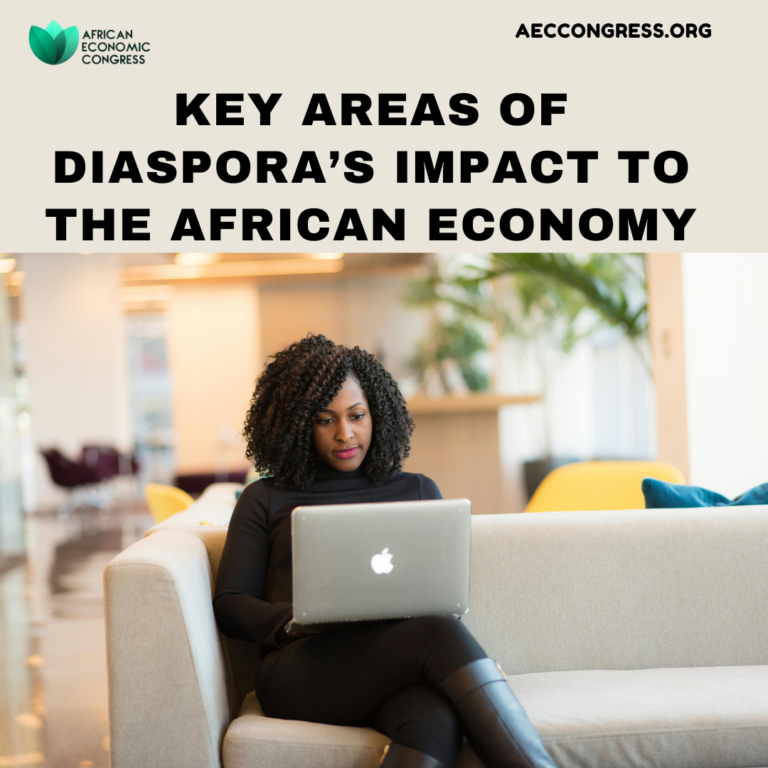Established in 2002, the African Union (AU) was designed to promote unity, peace, and development across the continent. However, over the years, the AU has faced criticism for inefficiency, lack of funding, and its inability to address Africa’s most pressing challenges, such as insecurity, poverty, and corruption.
In this blog, we explore the ongoing AU reform process and its implications for Africa’s future.
The Need for African Union Reform
Despite its ambitious goals, the African Union has often struggled to deliver impactful results due to several challenges, including:
1. Fragmentation and Regionalism
While the AU seeks to promote African unity, the continent remains fragmented, with numerous overlapping regional organisations, such as ECOWAS (West Africa), SADC (Southern Africa), and EAC (East Africa). This fragmentation frequently results in duplication of efforts and inefficiencies in achieving the AU’s mission.
2. Resource Challenges
The AU has historically relied heavily on external donors for funding, which undermines its autonomy and decision-making capacity. Donor priorities often influence the Union’s agenda, leaving it vulnerable to external interests.
3. Ineffective Peace and Security Mechanisms
Despite mechanisms like the African Standby Force (ASF) and the Peace and Security Council (PSC), the AU has struggled to respond effectively to armed conflicts, coups, and human rights violations. This highlights the need to strengthen its peace and security framework.
4. Leadership and Governance Issues
The AU has been criticised for weak institutional leadership, poor governance practices, and a lack of accountability. These issues have contributed to inefficiencies and hindered its ability to achieve developmental goals.
Addressing these challenges is essential for the AU to fulfil its mandate and support Africa’s progress in the 21st century.
Key Pillars of the African Union Reform Agenda
The AU’s ongoing reform agenda aims to enhance its efficiency, autonomy, and effectiveness in line with Agenda 2063, Africa’s long-term development blueprint. The key reform areas include:
1. Financial Independence and Self-Sufficiency
A critical focus of AU reforms is reducing reliance on external donors. In 2016, African leaders introduced a self-financing mechanism, imposing a 0.2% levy on eligible imports to generate sustainable funding for the AU. This move aims to strengthen the Union’s financial independence and ability to implement its programmes without undue external influence.
2. Institutional Reforms and Governance
Reforming the AU’s institutional framework is central to improving its agility, responsiveness, and accountability. Key measures include:
- Reforming the African Union Commission (AUC): As the AU’s executive body, the AUC is undergoing restructuring to enhance efficiency.
- Leadership Accountability: Strengthening governance mechanisms to ensure greater transparency and results-oriented leadership.
- Reducing Bureaucracy: Streamlining decision-making processes to enable faster implementation of initiatives.
3. Strengthening Peace and Security Mechanisms
The reform agenda prioritises enhancing the capacity of the PSC and ASF to address Africa’s security challenges. The goal is to create a more effective system for conflict prevention, rapid response, and peacebuilding across the continent.
4. Integration and Infrastructure Development
A cornerstone of Agenda 2063 is the vision of a unified Africa where goods, services, and people can move freely. Key initiatives include:
- African Continental Free Trade Area (AfCFTA): This aims to create the world’s largest free trade area, fostering economic growth and regional integration.
- Infrastructure Development: Through the Programme for Infrastructure Development in Africa (PIDA), the AU is driving transformative projects in transportation, energy, and ICT to enhance connectivity and trade.
The Future of African Development
The African Union’s reforms represent a significant opportunity to reshape Africa’s governance structures and address pressing developmental challenges. Achievements in financial independence, regional integration, peace and security, and institutional efficiency have the potential to position Africa as a global economic powerhouse.
However, the success of these reforms hinges on:
- Political Will: Commitment from African leaders to implement and sustain reforms.
- Civil Society Engagement: The involvement of African citizens to ensure transparency and accountability.
- Private Sector Participation: Leveraging business expertise and resources to complement public sector efforts.
The reforms being undertaken by the African Union hold the promise of a brighter future for the continent. By addressing its challenges head-on, the AU has the potential to lead Africa toward unity, stability, and sustainable development.









